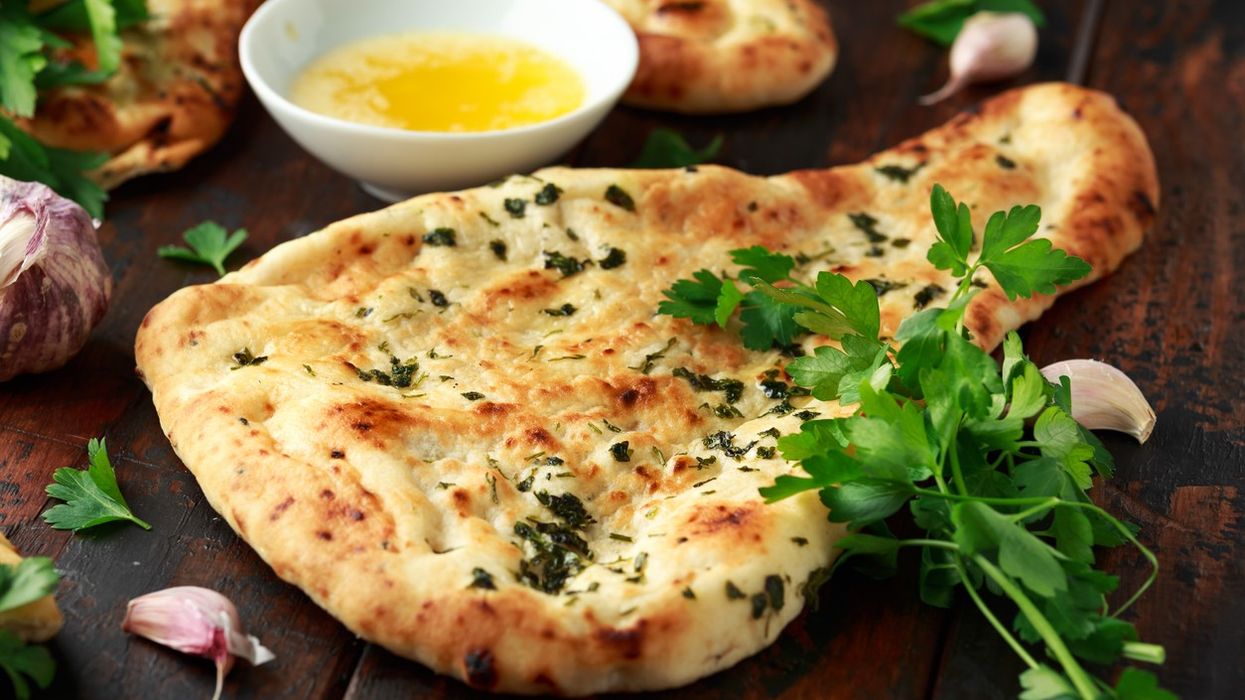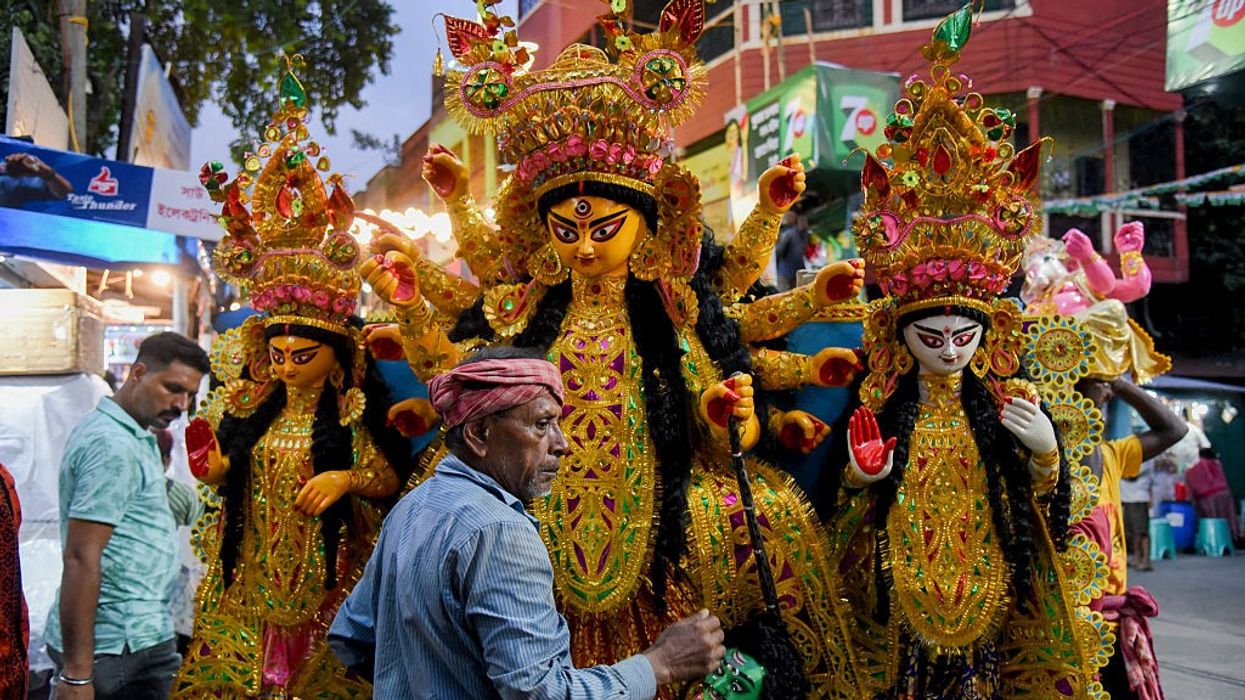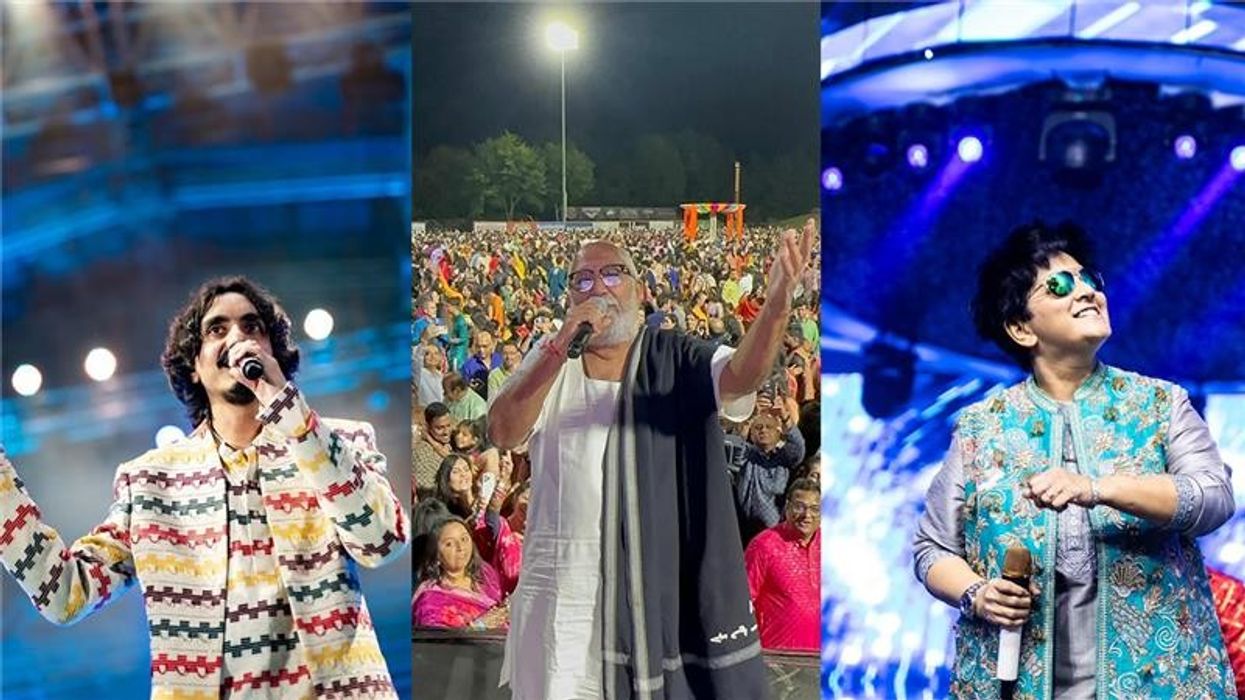Highlights
- Top comedians criticised for performing in Saudi Arabia despite human rights concerns
- Some performers reject invitations, citing principles; others accept lucrative deals
- Festival raises questions about censorship, money, and artistic freedom
Navigating a controversial stage
The Riyadh Comedy Festival, running September 27 through October 9, has become a lightning rod for debate. With performers including Dave Chappelle, Kevin Hart, Aziz Ansari, Pete Davidson, Andrew Schulz, Jo Koy, Bill Burr, Jessica Kirson, Jimmy Carr, and Louis C.K., the festival has drawn attention not just for star power, but for the ethical questions surrounding performing in Saudi Arabia.
For comedians, the decision to perform carries weight. Saudi Arabia, long one of the most socially conservative nations, has a record of suppressing dissent, imprisoning activists, and restricting free speech. Human rights groups argue that participating in such events risks endorsing or overlooking systemic abuses.
Marc Maron, host of the “WTF” podcast, addressed the issue with his trademark blunt humour:
“Like, ‘From the folks that brought you 9/11, two weeks of laughter in the desert. Don’t miss it.’ The same guy paying them also paid the guy to bone-saw Jamal Khashoggi.”
Principles versus paychecks
Several comedians have publicly shared why they declined. Shane Gillis said the festival organizers “doubled the bag” after he refused the initial offer, yet he stuck to his principled decision. Mike Birbiglia and Leslie Liao also declined, emphasising ethical considerations.
Others who initially accepted later reconsidered. Nimesh Patel, slated to perform on Sunday, cancelled after a change of heart, while Tim Dillon claimed he was dropped from the festival for joking about slavery in Saudi Arabia. Atsuko Okatsuka highlighted strict content restrictions, noting performers could not make jokes that “degrade, defame, or bring into public disrepute” the country, its royal family, or religion.
Money, censorship, and debate
For some, financial incentives and career considerations weighed heavily. Chris Distefano, who performed, admitted that his fiancée encouraged him to accept the offer despite reservations. The festival’s backdrop of lucrative deals underscores the tension between opportunity and principle in global entertainment.
Social media has amplified these debates, with verified accounts posting clips of performers and discussions about censorship, ethical responsibility, and the role of money in artistic choices.
Cultural expansion and human rights concerns
Saudi Arabia has invested heavily in entertainment, sports, and tourism to bolster its global image under Crown Prince Mohammed bin Salman, even as it continues to suppress dissent and imprison journalists. Human Rights Watch criticised the festival as a way to “deflect attention from brutal repression of free speech and other pervasive human rights violations.”
The festival also coincides with the seventh anniversary of the assassination of journalist Jamal Khashoggi and follows the execution of investigative journalist Turki al-Jasser, highlighting the delicate context in which performers are operating.
Comedy, choice, and accountability
The Riyadh Comedy Festival illustrates the complex decisions entertainers face when global opportunities intersect with ethical considerations. Comedians must navigate censorship, audience expectations, and potential backlash, balancing financial incentives against personal and professional values.
For many, the festival is more than a stage; it is a reflection of the ongoing debate over art, money, and morality in an interconnected world.
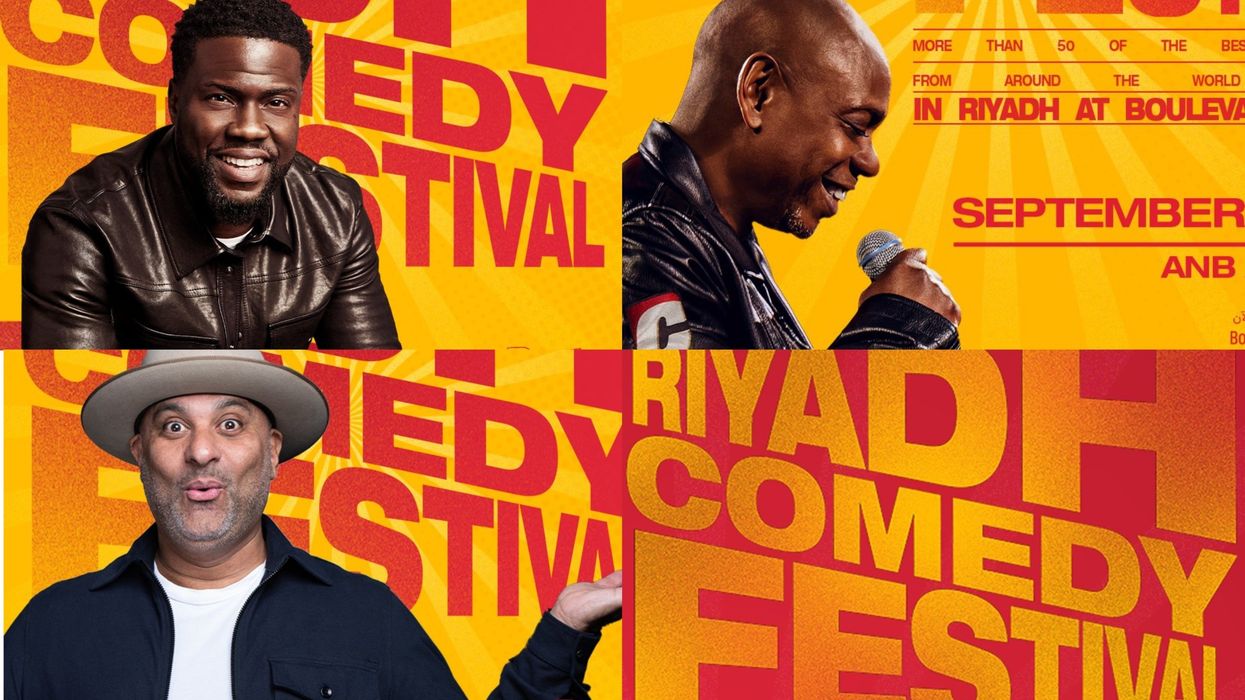
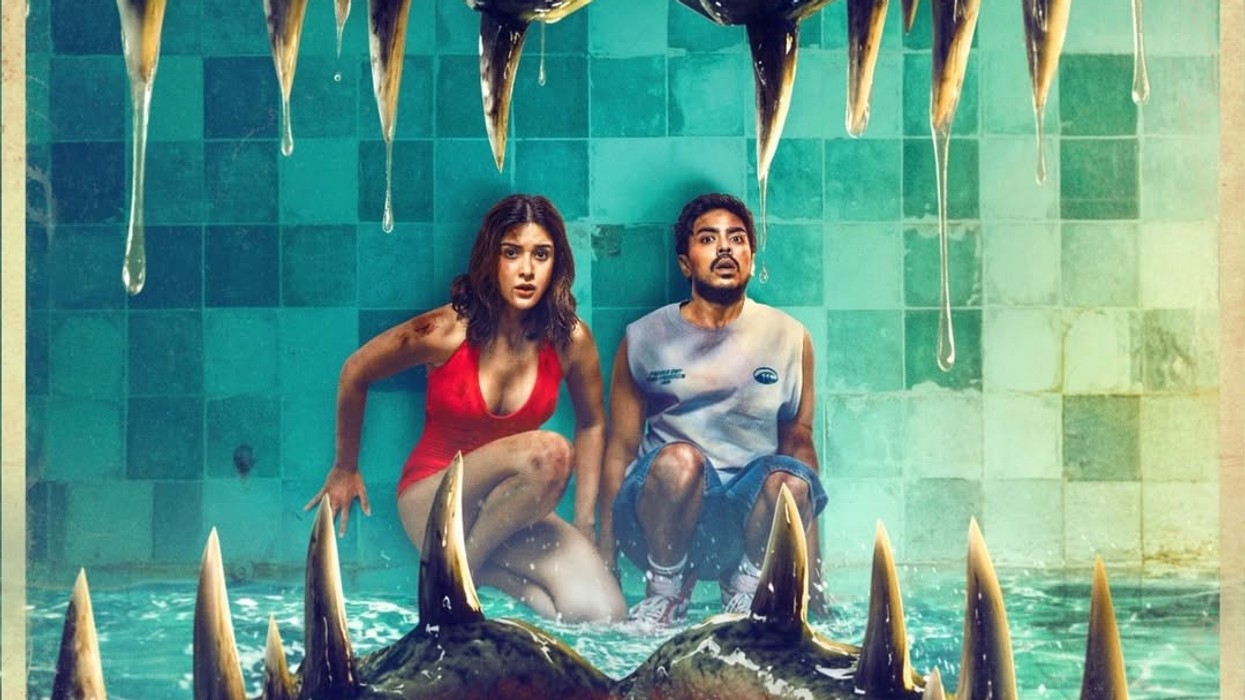
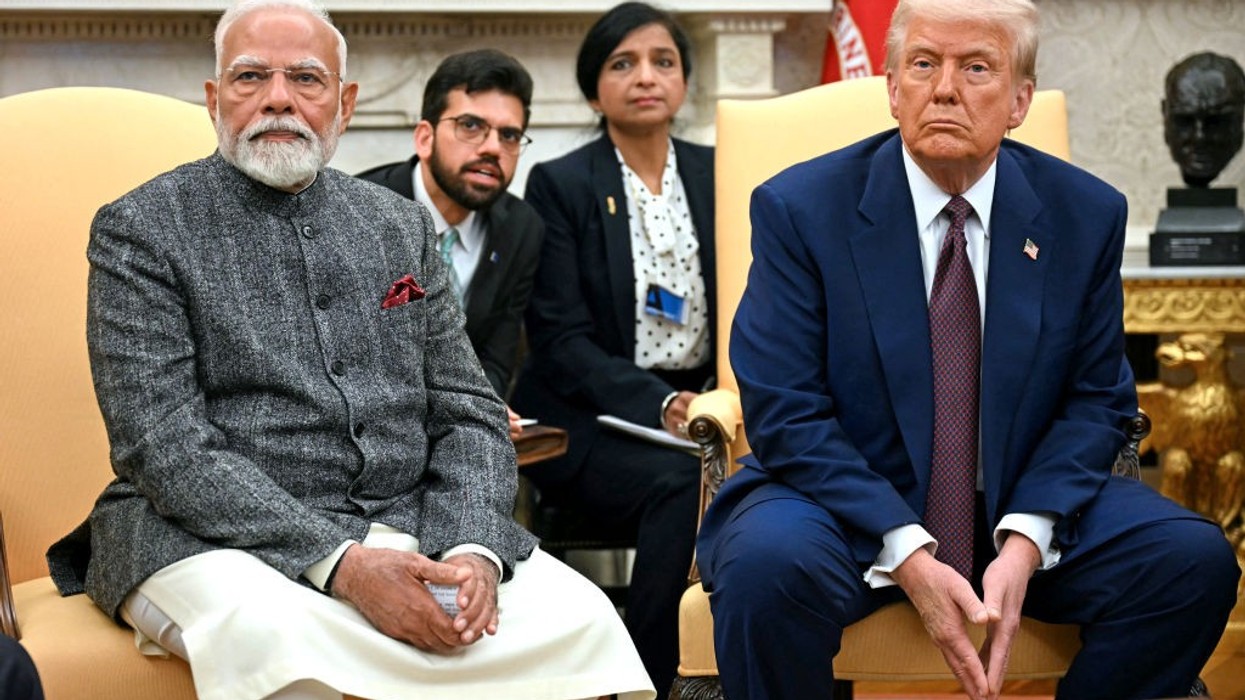
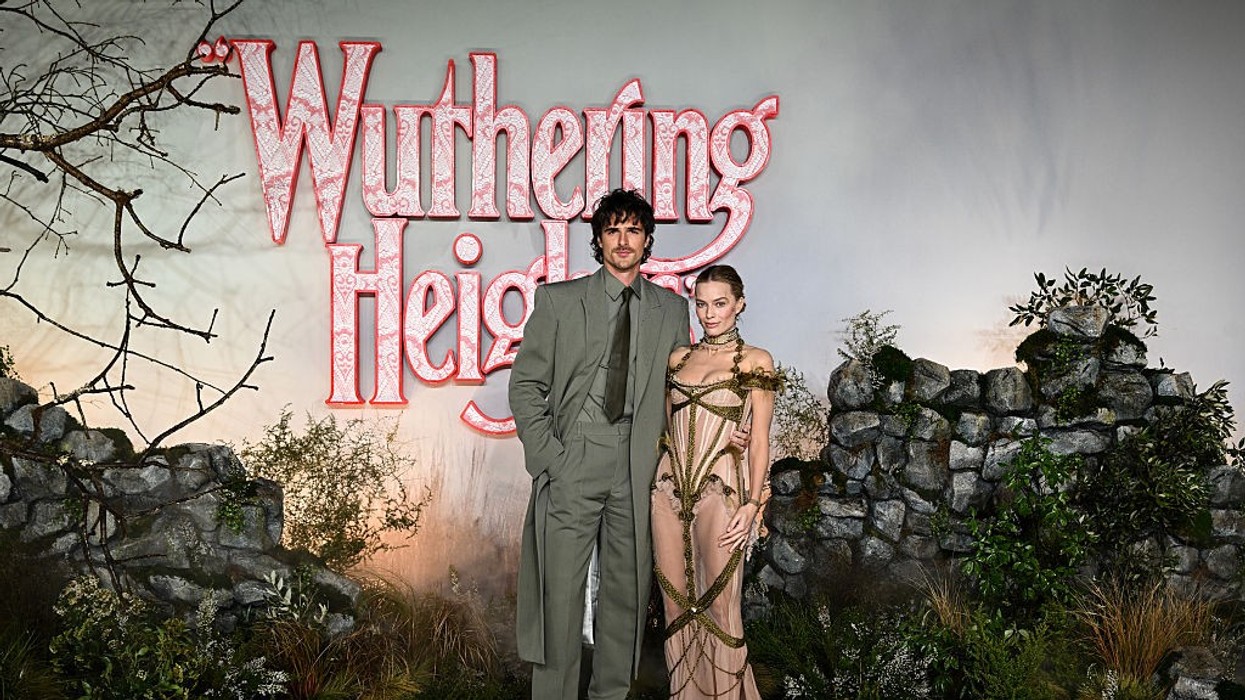
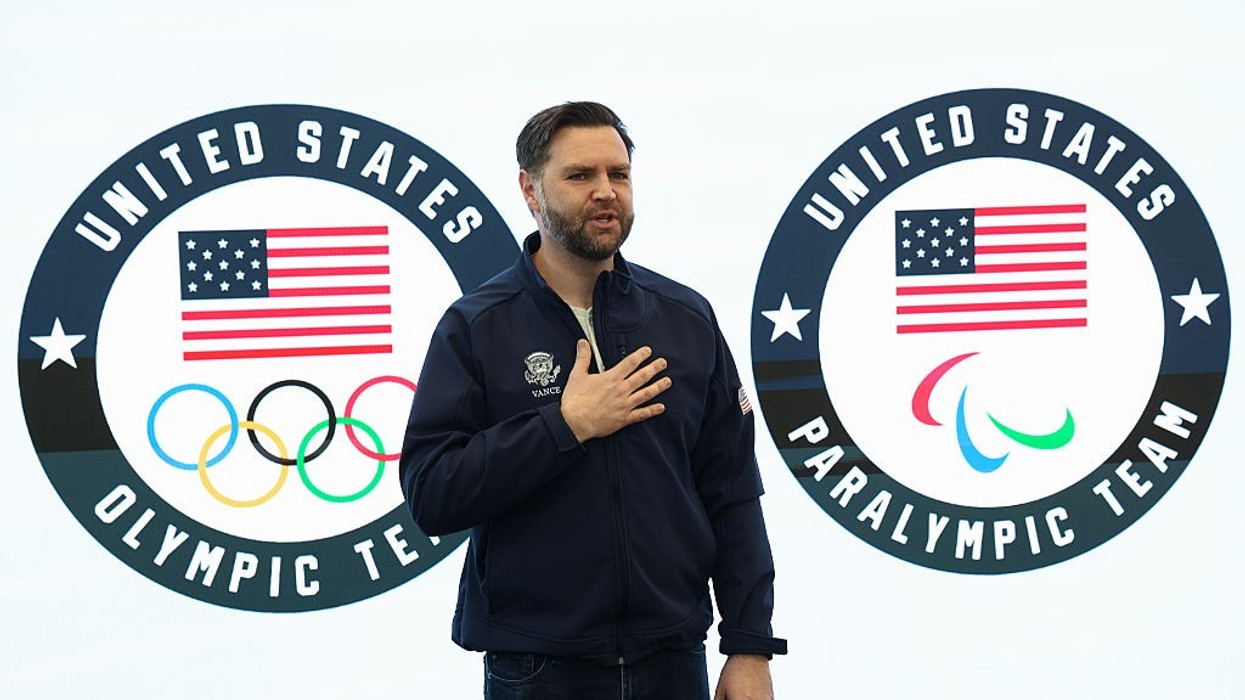
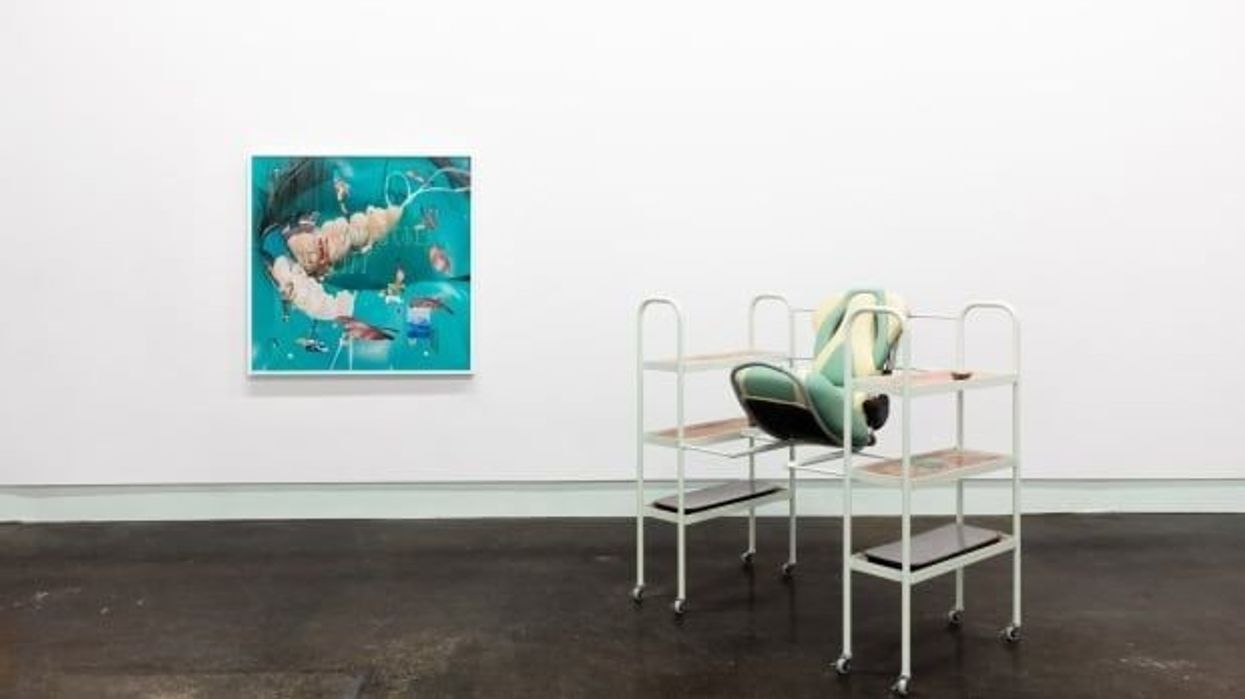
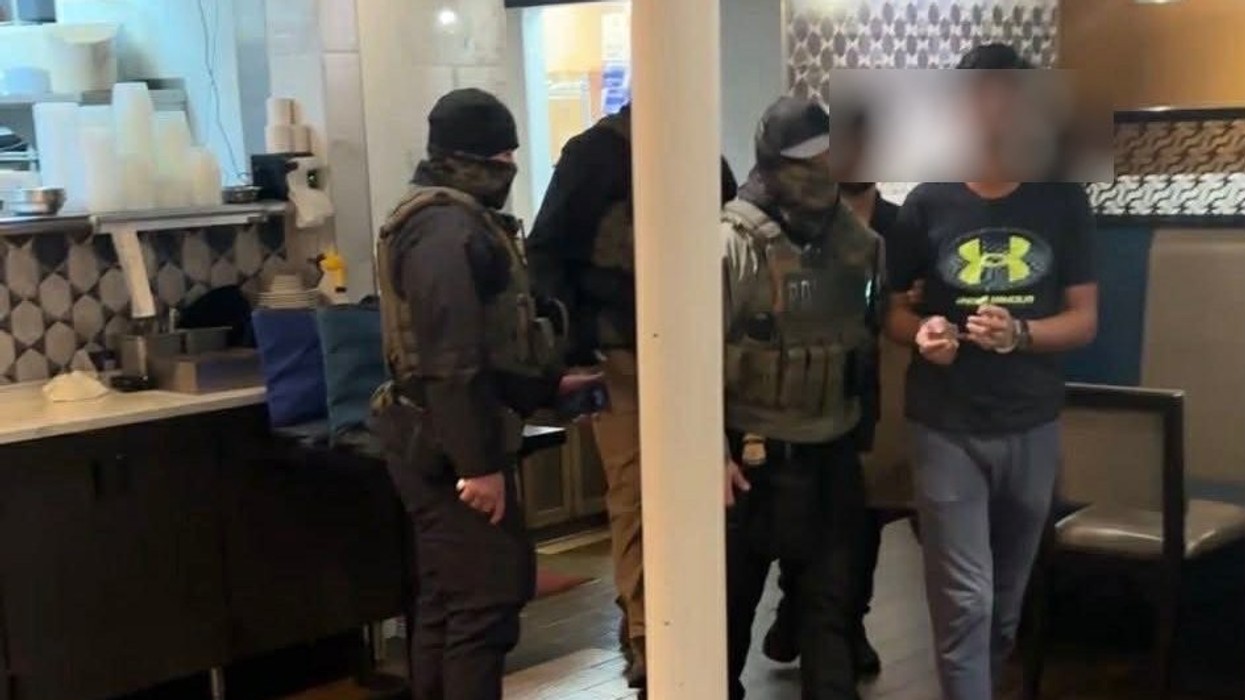





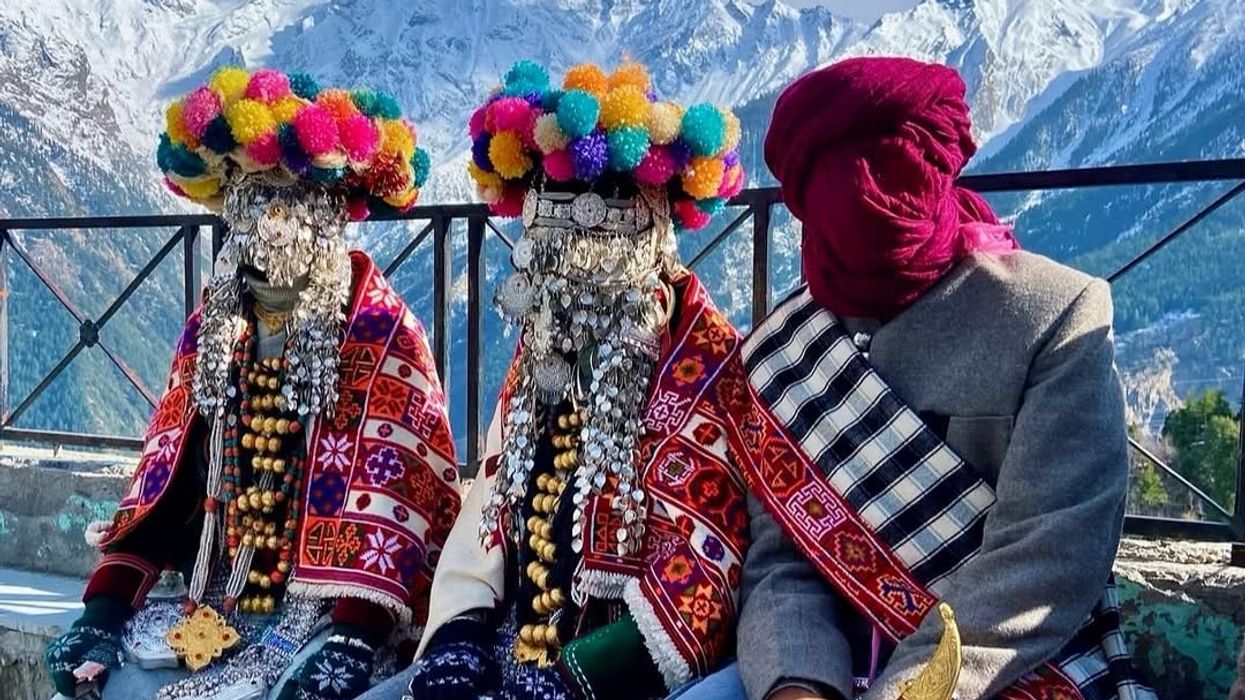
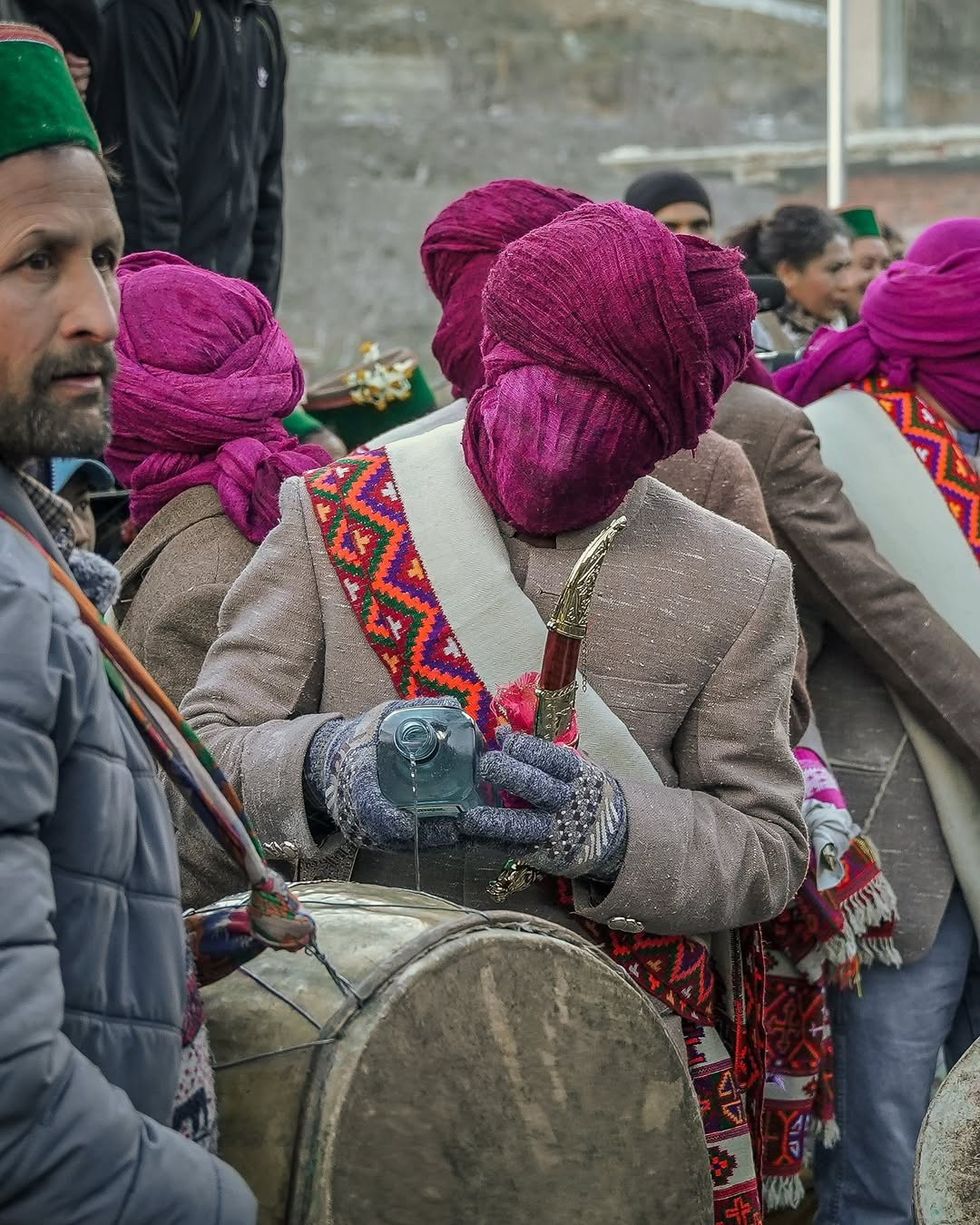 Instagram/@
Instagram/@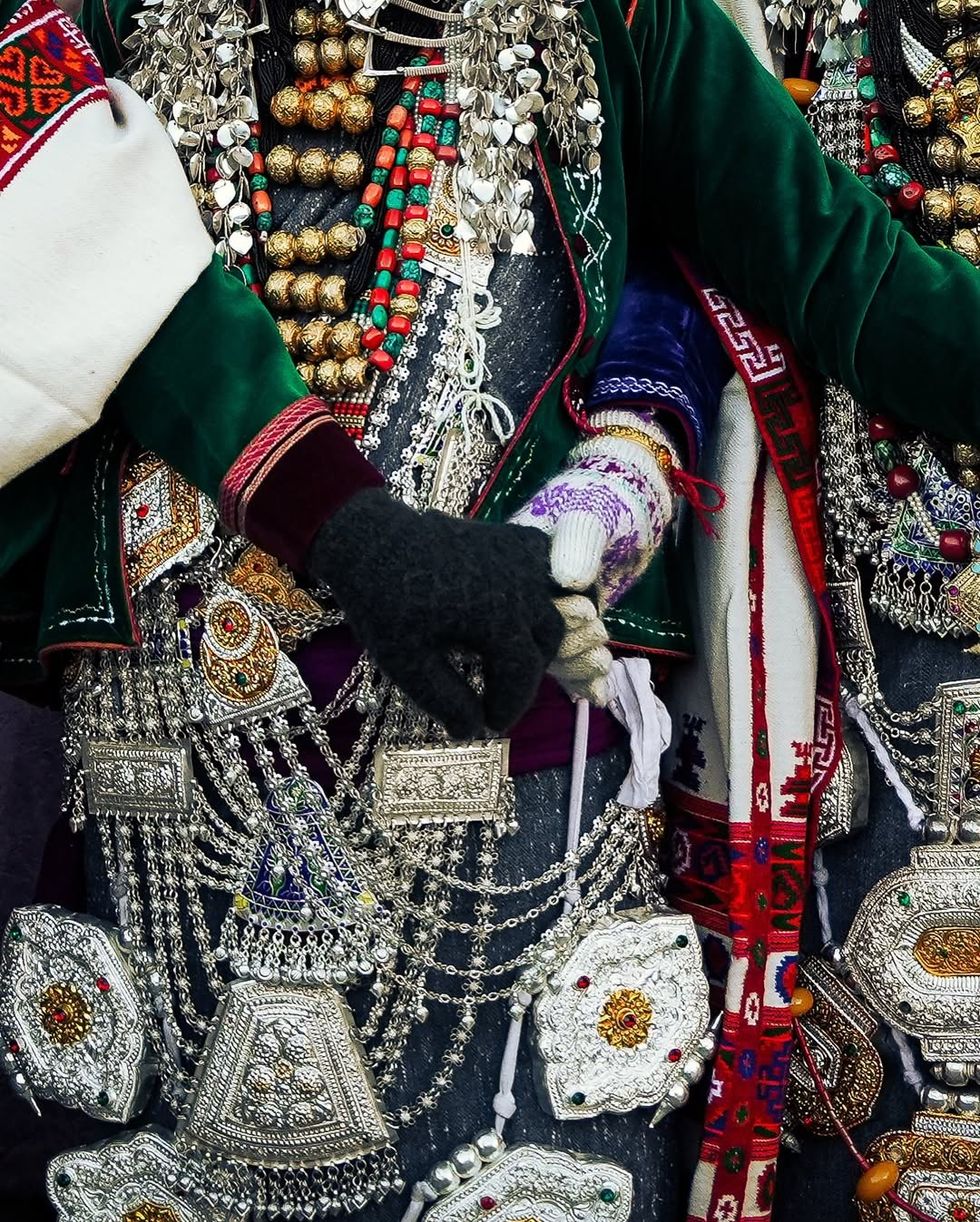 Instagram/@
Instagram/@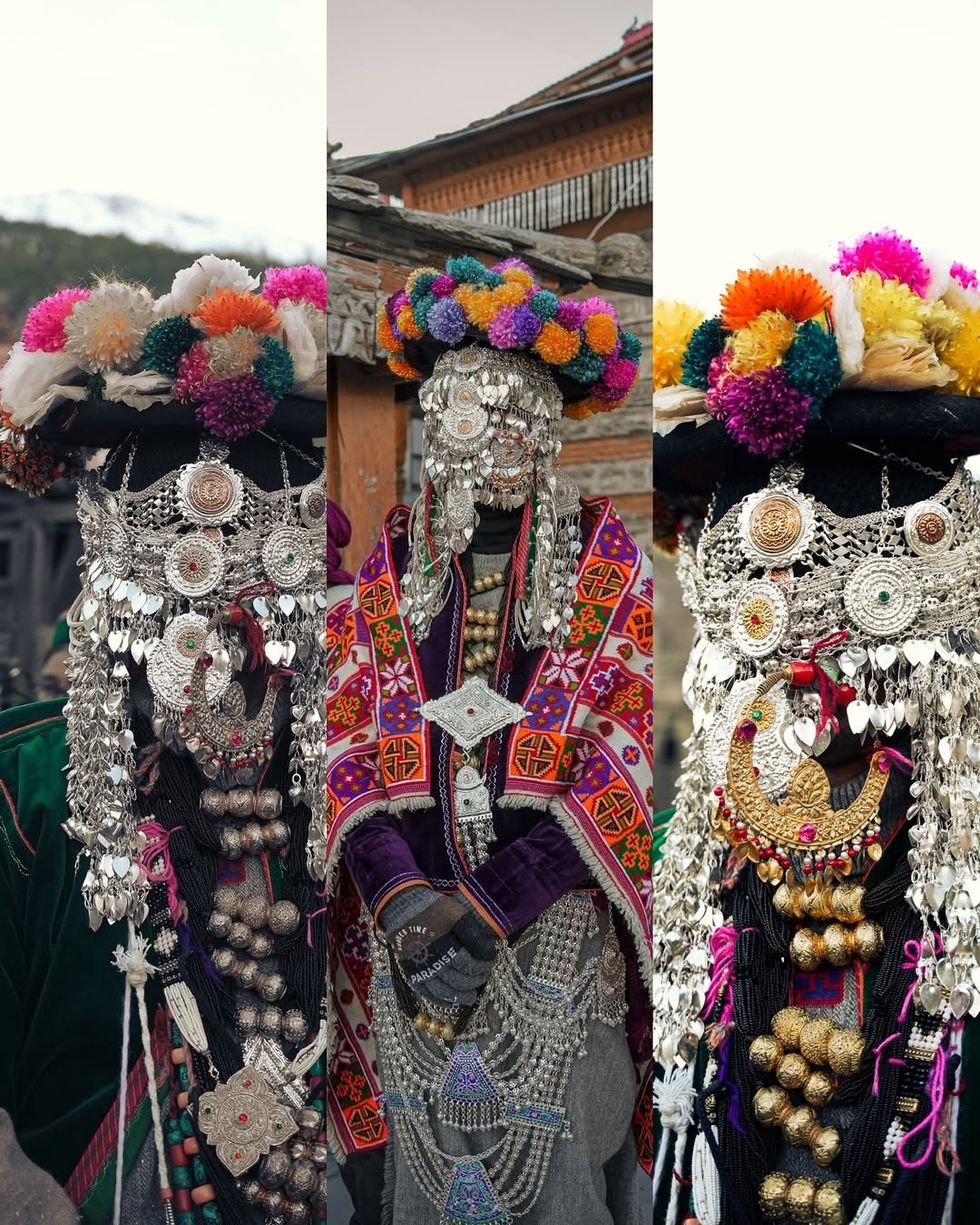 Instagram/@
Instagram/@